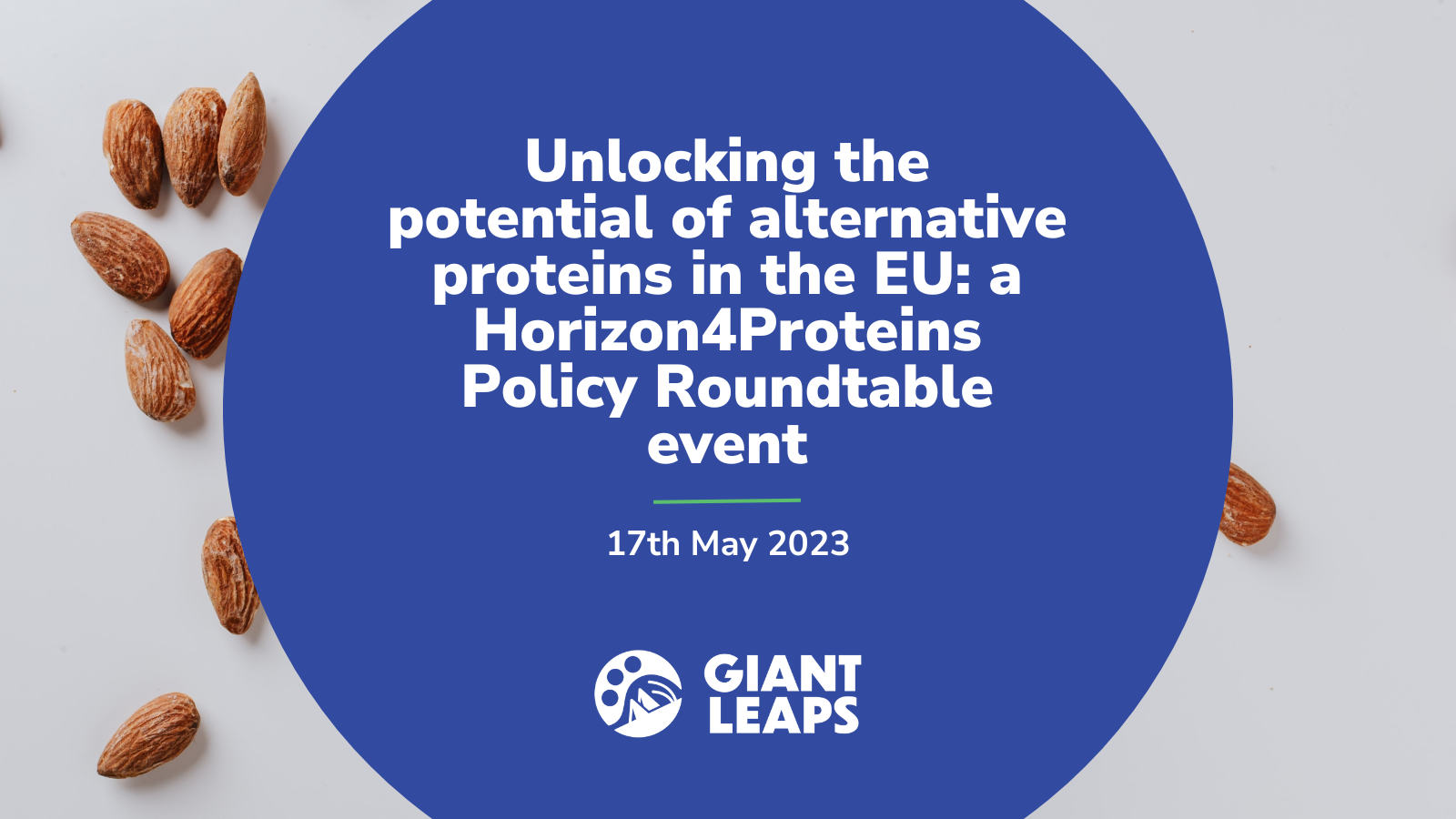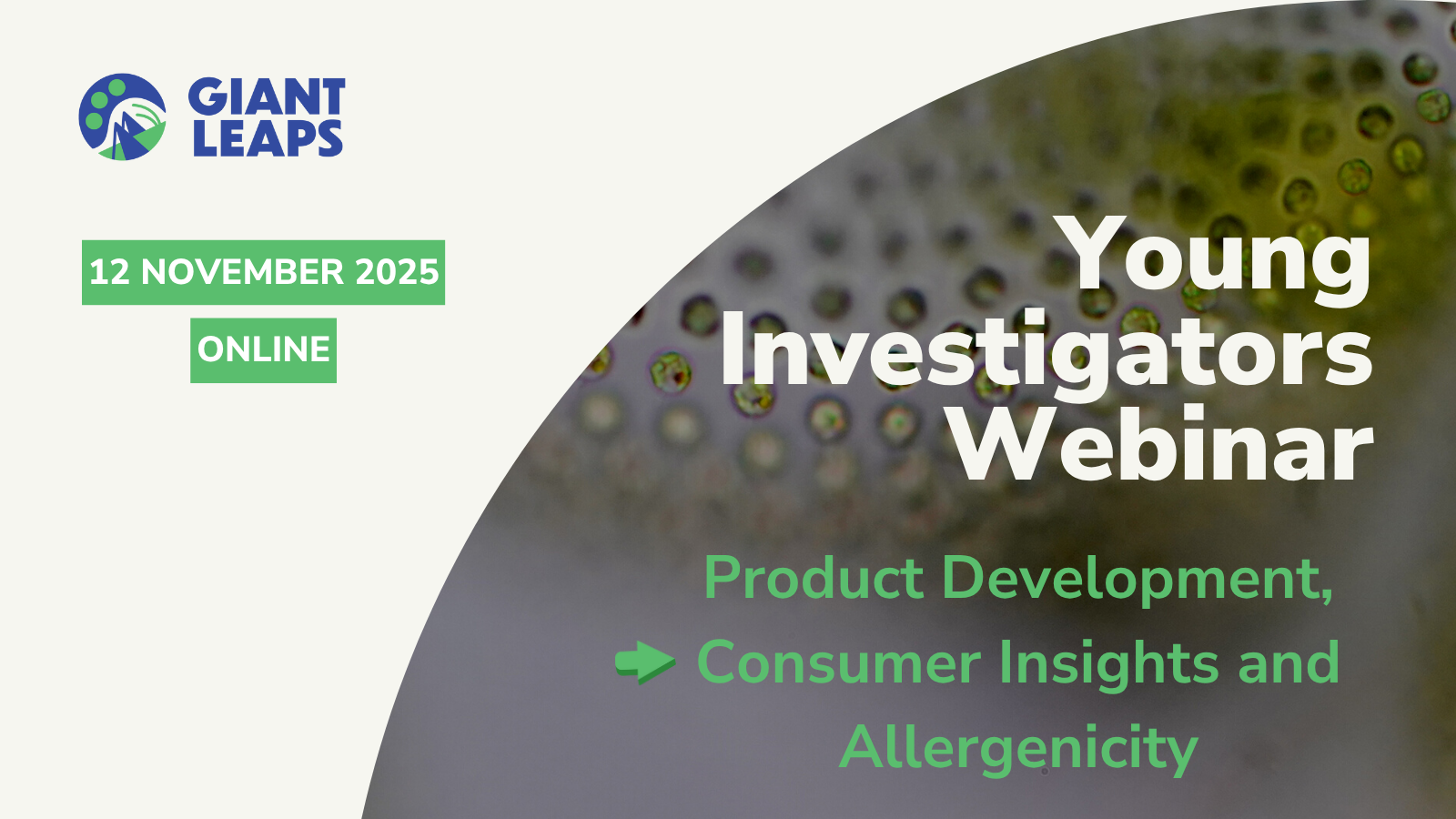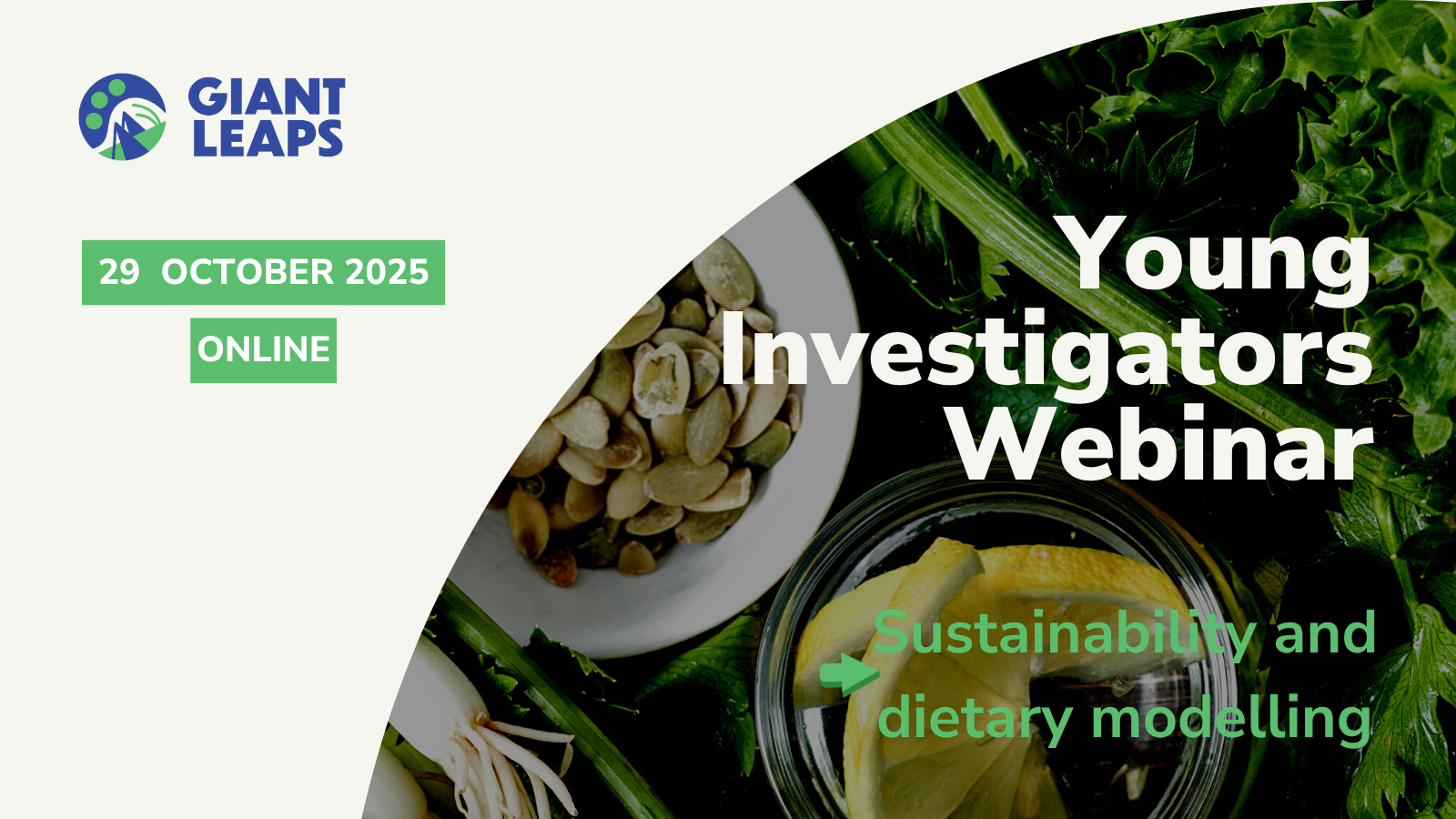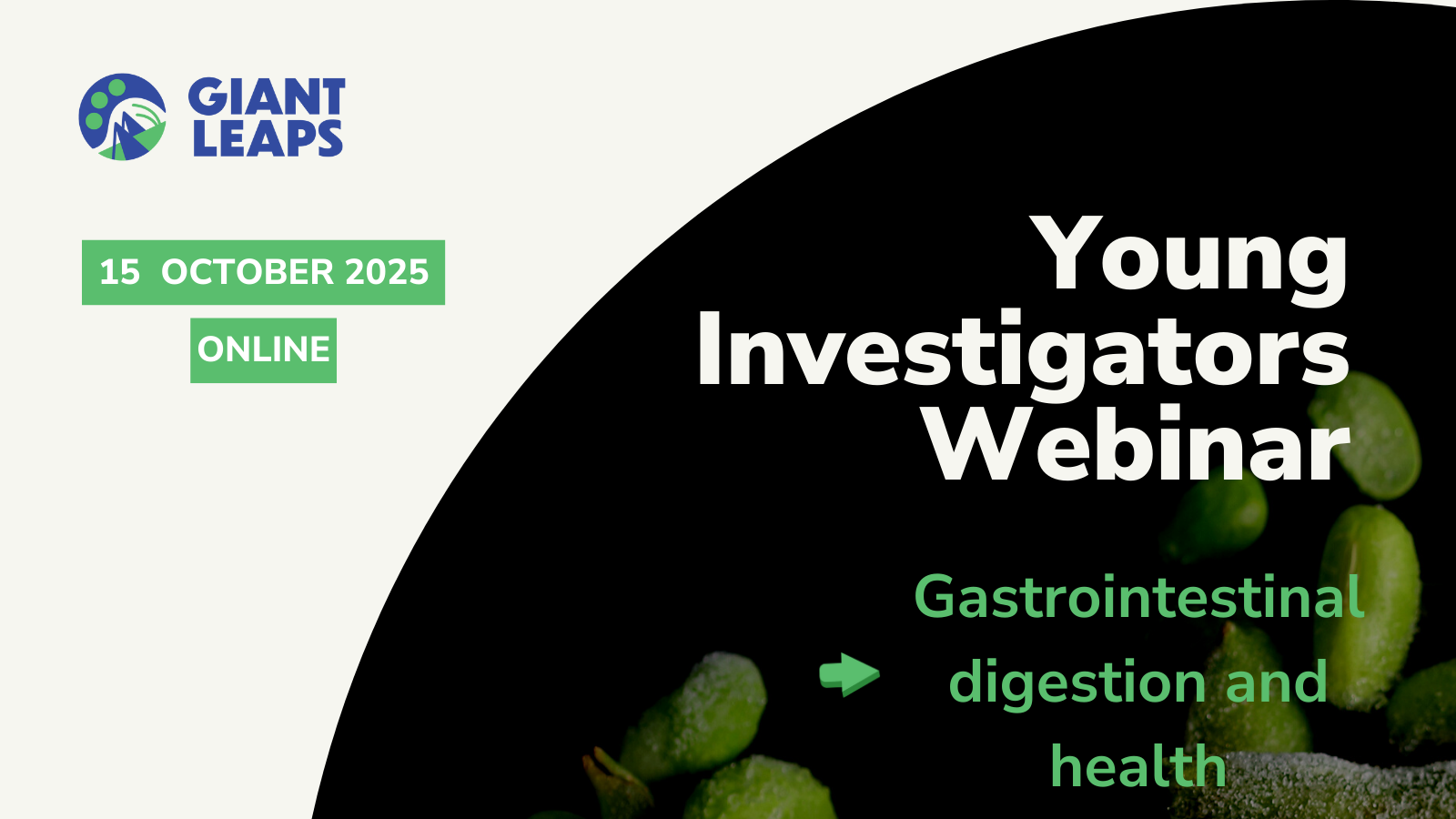Unlocking the potential of alternative proteins in the EU: a Horizon4Proteins Policy Roundtable event

Providing sufficient safe, nutritious and affordable food to a fast-growing world population against a backdrop of climate degradation and natural resource scarcity is the predominant food systems challenge of our times. A dietary shift away from traditional animal protein sources in Europe and towards plant and alternative protein sources that are nutritious, tasty, affordable and produced within sustainable food systems is one of the critical actions that can be taken to help secure a sustainable food supply chain for generations to come. For this reason, ‘alternative proteins’ have been a key focus of the European Commission’s research agenda, with several large, multi-centre projects funded under the Horizon 2020 and Horizon Europe research programmes in recent years. These projects are actively exploring alternative proteins from numerous angles, including methods of production, scientific and technological qualities, health, allergenicity and environmental aspects, commercialisation potential, and consumer acceptance.
A more positive and comprehensive EU regulatory framework is needed to support the development of the alternative proteins sector in the future. To this end, an online Policy Roundtable event was held recently to facilitate discussion between researchers, policymakers and other stakeholders. In attendance were representatives from six EU-funded ‘alternative protein’ projects (NextGenProteins, Smart Protein, ProFuture, SUSINCHAIN, LIKE-A-PRO, Giant Leaps), collectively known as the Horizon4Proteins collaboration. Also in attendance were the European Research Executive Agency (REA) officers who work directly with these projects, representatives from the European Food Safety Authority (EFSA), and representatives from several EC Directorate-Generals (DGs), including RTD, AGRI, GROW, SANTE, EMPL and CLIMA. The research project consortia partners were invited to join the audience to further contribute to the discussion.
In his opening remarks, Paul Webb (Head of Department for ‘Green Europe’ research, REA) described how research, while crucial, is never enough ‘on its own’. In the case of alternative proteins, the research fundamentally must connect with policy in this area to ensure successful real-world applications. This set the scene for a morning of lively interaction and debate between the panel members and the audience. Firstly, the three key policies underpinning food systems research (the EU Protein Strategy [due for launch in Q1 2024], Farm to Fork Strategy, and Food 2030) were presented by representatives from DGs AGRI, SANTE, and RTD, respectively. This was followed by an overview of each of the Horizon4Proteins projects by the respective coordinators, focusing on specific policy challenges identified on the projects. Next, three plenary discussions with varying themes (protein diversification, policy support, economic development) took place with huge engagement from the panel members and the audience. The points raised during these rich discussions will have been valuable to all involved. They highlighted to policymakers the main concerns and specific needs for policy support among those aiming to develop the EU alternative proteins sector further. They will also help sharpen the focus of the policy briefs being set as practical outputs on each project, identifying the critical policy points that most urgently need to be addressed. REA Project Officer delivered the final remarks at this event for the project cluster, Amanda Jane Ozin-Hofsaess, who was enthusiastic about the insightful session. She said she appreciated the opportunity to listen and learn and looks forward with interest to the next steps in this area.
As to the following steps, a joint Horizon4Proteins policy brief will soon be launched to address many specific policy actions that the group wishes to see implemented:
- Minor changes to current EU food labelling and marketing standards are needed to make plant and alternative protein-based products more available and accessible to European citizens.
- Including minimum criteria for plant-based foods in public food procurement could facilitate a shift to plant-based diets on a significant scale.
- Meaningful supports for plant and alternative protein innovation (like favourable VAT rates) are essential to allowing these sectors to thrive.
- Consideration must be given to the novel food authorisation process to ensure that novel protein products are helped, rather than hindered, in accessing the EU market.
- Economic sustainability must remain a key focus, ensuring that the livelihoods of local growers and farmers in Europe are preserved, rather than lost, in any food systems transition.
A continued two-way flow of information between policymakers and researchers will ensure effective, evidence-based policymaking. A further event at a project meeting later this year has already been identified as an opportunity to continue the discussion.
You can watch the Policy Roundtable event here. To learn more, follow #Horizon4Proteins and our project
social media accounts.



